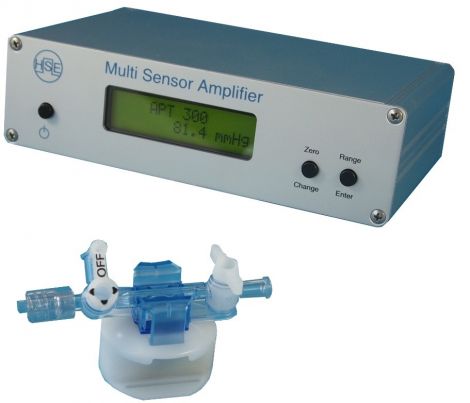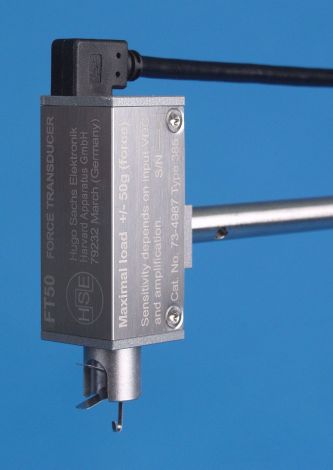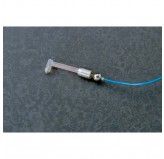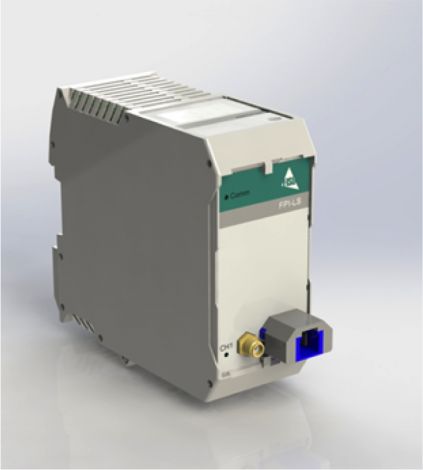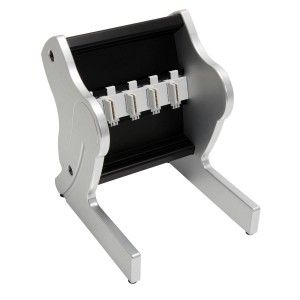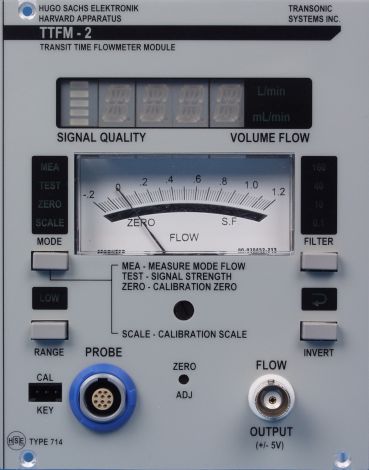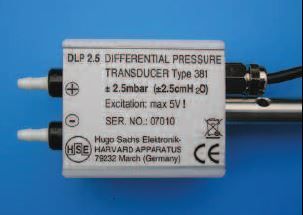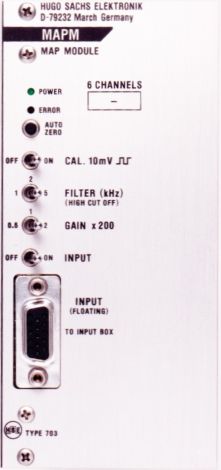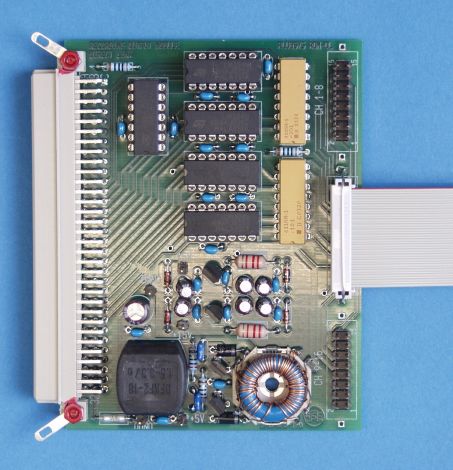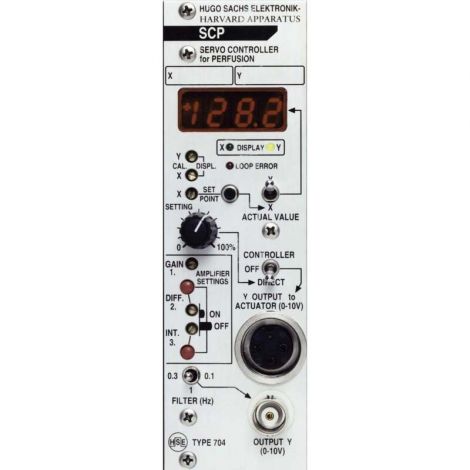Physiological Measurements
Products to measure, acquire, monitor and analyze physiological endpoints and other data, including amplifiers, transducers, stimulators, monitoring devices, recording devices, electrodes, transit time flow probes, and software
Experimental conditions and various physiological endpoints are followed throughout the course of an isolated perfused organ experiment to monitor the health of the organ. Perfusate flow, pressure and temperature are measured and controlled. Physiological parameters such as pH, pO2, pCO2, and organ temperature are monitored. To monitor key experimental conditions or physiological parameters, the information (e.g., signal, current, etc.) must be captured, amplified, acquired and recorded.
Typical equipment might include:
- Transducer, electrode, probe or sensor captures the signal
- Amplifier, such as a PLUGSYS amplifier module, amplifies the signal
- Analog to digital converter converts signal to a format that can be processed
- Data acquisition method (software) acquires and analyzes the converted signal
Hugo Sachs Elektronik (HSE) and Harvard Apparatus offer a full complement of instruments, devices and software to conduct physiological measurements essential for the success of your isolated perfused organ experiment. Our products are backed by expert technical support to assist you with any questions.

